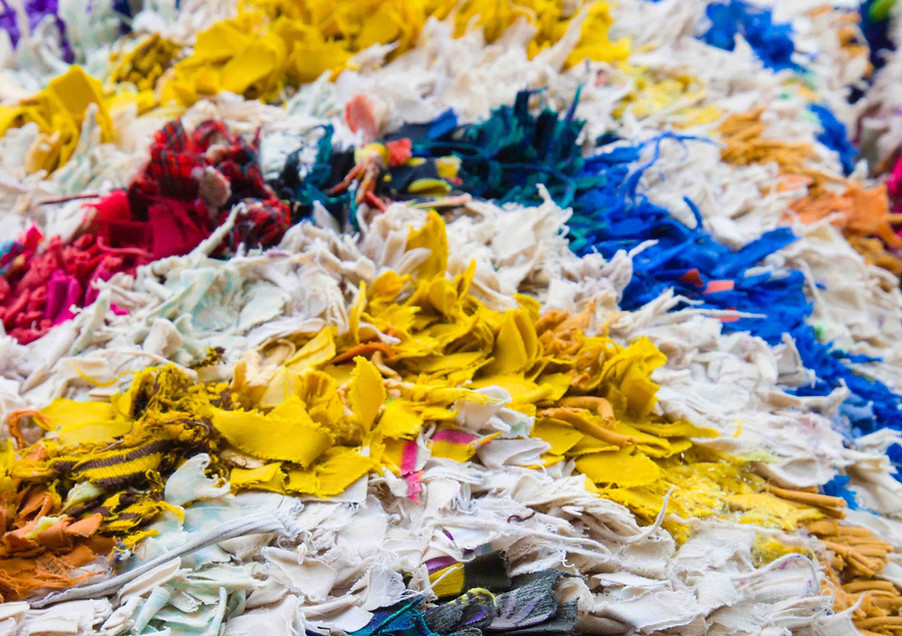

SUSTAINABLE SUPPLIERS
Leo Workwear carefully select the factories, fabric mills and component suppliers we work with, ensuring they have commitments and practices in line with our strict environmental and social responsibility expectations.
Manufacturing in a handful of factories across several countries enables Leo to be nimble and adaptable and to play to our suppliers’ strengths and expertise.




As part of our strict supply chain selection criteria, every factory Leo Workwear work with are subject to either a regular Sedex SMETA or BSCI audit


Many of the factories, fabric mills and component suppliers Leo select will have additional accreditations that further cement their commitment to the environment:


BLUESIGN
Bluesign® is a renowned sustainability standard that aims to reduce the overall footprint of textiles, focusing on the chemicals used throughout the full product chain. To become Bluesign® certified, a supplier must provide full transparency all the way from raw materials up to the finished product.
We work with many Bluesign® system partners, including a garment manufacturer in Bangladesh and several fabric providers in China and Taiwan.
OEKO-TEX
For products to meet ISO 20471, all core components (dyes, fabrics, buttons, zips, trims etc) must meet OEKO-TEX Standard 100, which is a global, independent certification system that tests for harmful substances. Wearers can be confident that Leo products are harmless for human health.


GLOBAL RECYCLED STANDARD
The aim of GRS is to increase the use of recycled materials in products and to lessen the impact caused by its production. It is a standard for verifying the content of recycled materials in a final product.
Leo work with many GRS certified suppliers, such as manufacturers in China and fabric or yarn suppliers in China, Taiwan, and Japan.


WRAP
WRAP (Worldwide Responsible Accredited Production) certified factories are subject to a thorough social compliance audit conducted by accredited WRAP auditors. These audits verify that the working conditions in these facilities ensure workers are respected and are operating in safe, lawful, humane, and ethical conditions.
Leo products are manufactured by WRAP certified factories in both Bangladesh and Myanmar.




ISO 14001
ISO 14001 is an international standard that sets out the requirements for an environmental management system. It helps organizations improve their environmental performance through more efficient use of resources and reduction of waste.
Since 2021, Leo Workwear have been ISO 14001 accredited, as are much of the supply chain throughout Bangladesh, Japan and China.
Some examples of sustainable manufacturers in our supply chain...

HYDROELECTRIC POWER
MYANMAR

Many of our suppliers power their facilities through renewable energy. Pictured here is the hydroelectric power used by one of our business partners in Myanmar.
WATER TREATMENT
BANGLADESH

At many facilities, waste water from garment production is treated and recycled. At one facility in Bangladesh (pictured), recycled purified water is then used for washing and cleaning as well as for bathroom facilities.


SOLAR ENERGY
CHINA

Just like Leo do at our HQ, a large proportion of our suppliers use solar energy at their premises to help reduce their reliance on fossil fuels, such as this fabric supplier in China (pictured).
REUSING RESOURCES
& CHINA
VIETNAM
_edited.jpg)

Many in our supply chain work very hard to reuse energy or resources. For instance, extracting the heated air from a reflective tape machine in China (pictured) to help dry the tapes once manufactured, or capturing rainwater for use in temperature cooling systems in Vietnam (pictured).

